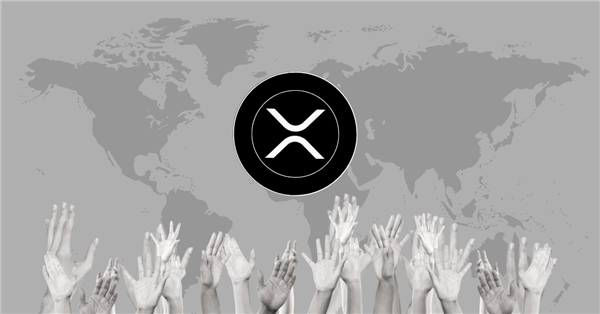China's Challenge to the US Dollar: What Does It Mean for XRP? – Coinpedia Fintech News
XRP, amid SEC lawsuits and changing geopolitics, faces uncertainties in its future as a cryptocurrency.
China’s challenge to financial institutions and the emergence of a new monetary system impact XRP’s global adoption.
The XRPL must adapt to evolving technologies and transparency concerns.
Cryptocurrencies have carved a remarkable niche for themselves in the constantly shifting landscape of geopolitics and finance. Among them, XRP stands at the center, facing a whirlwind of challenges and uncertainties amidst SEC lawsuits and the emergence of powerful monetary alliances.
What’s new on this front? Let’s explore.
A Path Full of Thorns
Expert and XRP advocate, JC Collins, sheds light on the criticisms faced by XRP. He explains that these are not mere attacks on Ripple or XRP but rather a reevaluation of changing geopolitical and monetary realities. Previously, assumptions of global XRP adoption required support from major nations and financial institutions like the IMF, World Bank, and BIS.
However, the SEC lawsuit and geopolitical shifts, including conflicts like the Ukrainian crisis and the rise of BRICS, have altered these original assumptions.
China’s Role
China, the world’s largest creditor nation, is challenging the dominance of financial institutions led by the United States, the world’s largest debtor nation. Alongside other BRICS nations, China advocates for an overhaul of these institutions, advocating for a more multilateral world order.
Clash of the Ledgers
The Bank for International Settlements (BIS) is developing its own unified ledger, similar to XRPL, but with a crucial difference – it will be controlled by central banks. This poses a direct challenge to Ripple, as central banks are moving towards Central Bank Digital Currencies (CBDCs) and adopting BIS’s unified ledger. This could potentially impact XRP’s mass adoption.
Read More: China’s Digital Yuan Sees $250 Billion in Transactions Since Pilot Launch
A New Monetary System
The geopolitical changes may lead to the alignment of BRICS+ reserve currency across central banks during the overhaul of institutions like the IMF and World Bank. The era of a USD-based unipolar monetary system seems to be ending, making way for a new non-Western system influenced by BRICS and the BIS. With China’s significant influence as the world’s largest creditor nation, it’s poised to play a crucial role in this restructuring.
Amidst this geopolitical whirlwind, the XRPL must evolve rapidly. Collins argues that the SEC lawsuit was an attempt to undermine XRP and redirect support towards more formal innovations like CBDCs and the BIS unified ledger.
The Revolving Door Scenario
Transparency concerns arise due to the revolving door scenario, where individuals move between government and private sector jobs. This lack of transparency might dissuade non-Western nations from partnering with Ripple or adopting the XRPL.
XRP remains resilient in the face of challenges, but the shifting geopolitical landscape and uncertainties raise questions about its future applications. Whether it will thrive as a retail investment or find institutional adoption remains to be seen.
What do you think?
Source: Read Full Article


